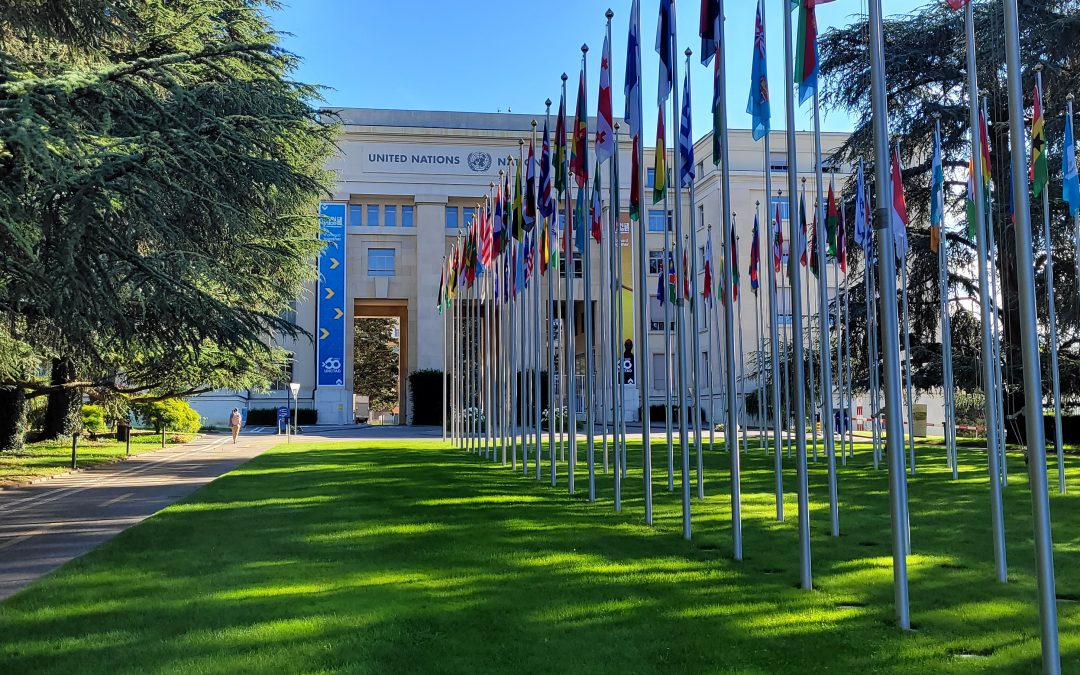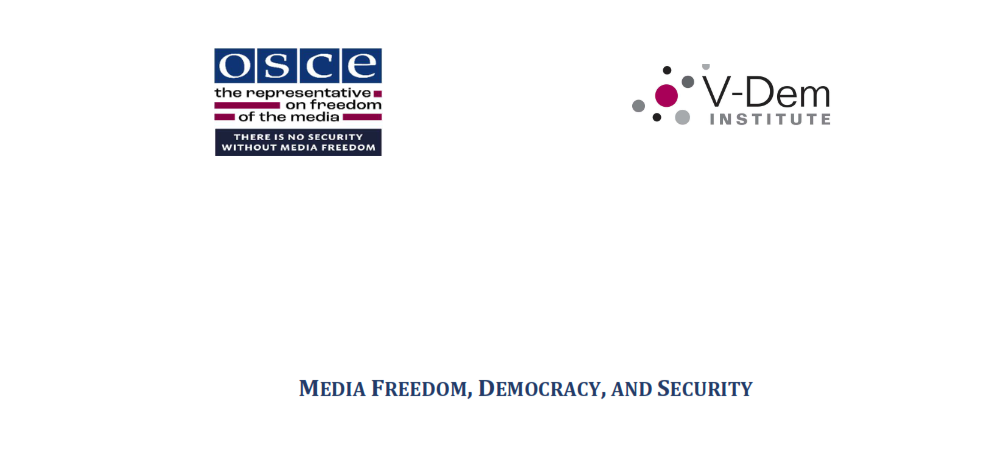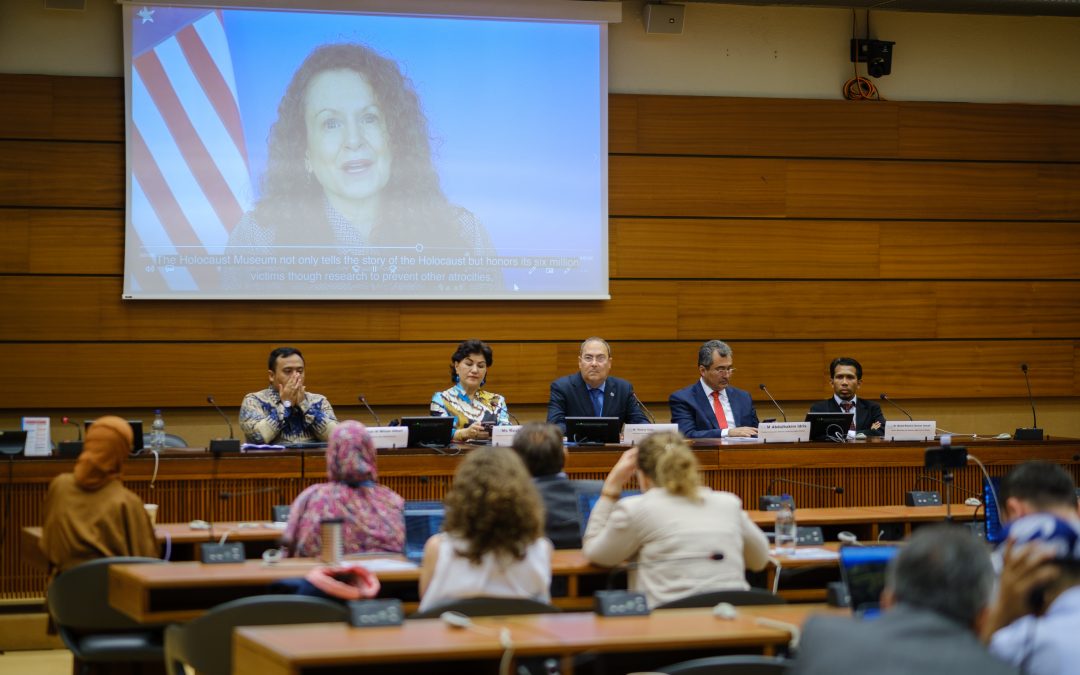
by CAP Liberté de Conscience | Jul 23, 2024 | HRC 56, news
Internet Shutdown – India holds the dubious distinction of leading the world in internet shutdowns for the 6th consecutive year . In August 2019, the Indian government completely blocked all communication networks in the Indian Administered Jammu and Kashmir, including landlines, fixed line internet and mobile networks. The authorities sought to prevent Kashmiris from organizing protests after the government revoked the state’s constitutional autonomous status, splitting it into two separate federally governed territories. Denying access to the internet has become a default policing tactic by Indian authorities, including to shut down protests or criticism of the government. The sufferers are then the common citizens, to many of whom “no internet means no work, no pay, no food”.

by CAP Liberté de Conscience | Jul 22, 2024 | news
The European Union has enforced sanctions, on individuals and groups connected to acts of gender based violence. This action was taken by the Council of the European Union as part of efforts to address violations of rights. The decision involves the identification of four individuals and two entities under the EUs Global Human Rights Sanctions Regime. These measures were put in place due to their roles in perpetrating gender based violence.

by CAP Liberté de Conscience | Jul 20, 2024 | news, UN UPR
Since their implantation in Egypt in 2012, members of a new religious movement in Islam, self-named “The Ahmadi Religion of Peace and Light,” have been the victims of state repression, social hostility, death threats by extremist imams for being considered heretics.

by CAP Liberté de Conscience | Jul 18, 2024 | news
A recent study commissioned by the OSCE Representative, on Freedom of the Media has revealed the connections between media freedom, democracy and global and local security. The detailed research document, crafted by a team from the Varieties of Democracy Institute at the University of Gothenburg presents evidence on why safeguarding media freedom is vital for upholding peace and stability within and among nations.

by CAP Liberté de Conscience | Jul 11, 2024 | HRC 56, news
Geneva, Switzerland – On July 5, a side event, “Combating Islamophobia in Asia: From Awareness to Action,” was held at the United Nations Human Rights Council’s (UNHRC) 56th Session to address the threats of Islamophobia in Asia, with a focus on the People’s Republic of China’s (PRC) persecution of Uyghur Muslims. The event was co-organized by CAP Liberté de Conscience, Campaign for Uyghurs (CFU), and the Center for Uyghur Studies. This event coincided with the 15th anniversary of the Urumchi Massacre, further highlighting the regime’s ongoing atrocities in the Uyghur region due to their ethnic and religious identity.

by CAP Liberté de Conscience | Jul 10, 2024 | news
In todays interconnected world the connections, between climate change, conflict and freedom of religion or belief (FoRB) are becoming more evident and urgent. A recent policy brief from Search for Common Ground underscores the importance for decision makers and practitioners to acknowledge and tackle these intersections in order to promote solutions and community resilience.

by CAP Liberté de Conscience | Jul 3, 2024 | HRC 56, news
We urgently draw your attention to the ongoing genocide against the Amhara people in Ethiopia, a crisis ignored by this council and its member states. Amhara women face catastrophic realities, including trafficking, gang rape, torture, and witnessing the brutal killings of their loved ones.

by CAP Liberté de Conscience | Jul 3, 2024 | news
A report[i] by CAP LC (Coordination des Associations et des Particuliers pour la Liberté de Conscience) has brought to light Frances concerning stance towards these practices. The report, titled “Spirituality, Yoga and France; Finding a Balance ” outlines how the government has attempted to marginalize and stifle the practice of yoga and other movements inspired by Hinduism.









